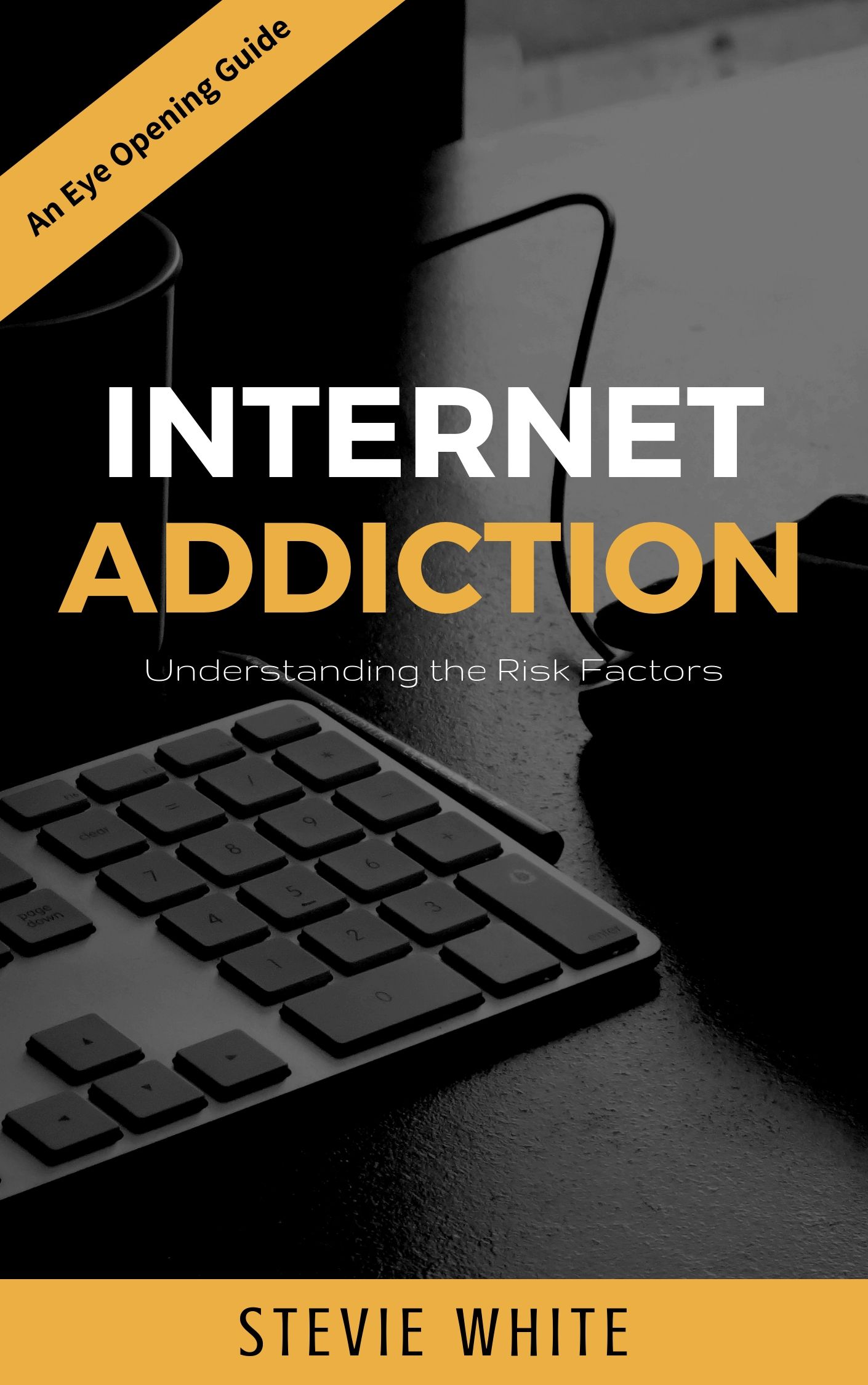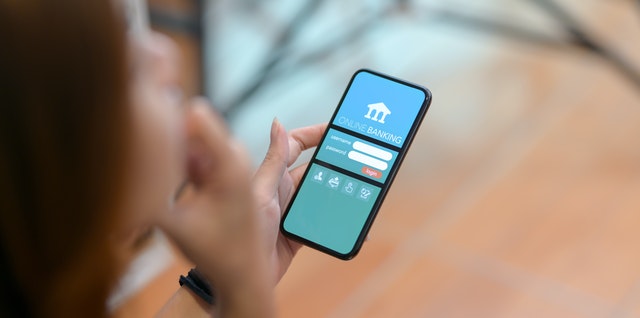Internet Addiction - The Health Effects
Is your primary everyday life focus being constantly connected to the internet? Are you demonstrating a loss of impulse control; or are you finding it hard to give up the internet?
Are you aware of how many hours your spending being connected? Are you spending increasingly more time on the internet, and experiencing longings and cravings for the internet even when its unavailable?
If you answered yes to any of these questions, you maybe experiencing some problematic mind and body changes.
Internet Addiction - What Actually Is it?
Sadly, many people’s brains are becoming saturated with this ever-present need for instant gratification. Research studies suggest a time-frame for online dependent users as being anywhere from 40 to 80 hours per week, and in some cases some internet sessions could end up lasting as much as 20 hours.
And Internet Addiction Disorder (IAD) has become well known among Psychiatrists, Psychologists, and Counselors, as a legitimate disorder. In fact, more and more scholars are pushing the notion that technology addiction is being discussed as a mental illness.
If you consider the word addiction in Latin terms; its described as ‘enslaved by’ or ‘bound to’.
There is also continuing evidence of the relationship with ‘internet time exposure’ and ‘risk’. In other words, the more you’re exposed to the digital world and the use of its technological devices (e.g. laptops, smart Phones, iPads, computer screens, video games, or social media whilst connected to the Internet,
the higher the risk of addictive behavior patterns developing.
In general, three categories exist that include ‘normal users’, ‘mild over-users’, to ‘moderate or serious over-users’
Which category do you think you fall into?

Internet Addiction - The Known Causes
In short, IAD is often observed in the literature as a ‘lack of control’ or an inability to eliminate cravings for internet access, and continued use of the internet despite impaired functioning in various domains.
Subject experts in this area comment - that addictions are often rooted in distress and suffering, and that at the very heart of addiction is the ‘fear of painful emotional states’. Some remark that addiction is a way of 'avoiding or escaping emotional pain’.
Many studies are concluding that there are some similar internet dependency characteristics, in relation to the causes or triggers.
For instance, often a candidate for IAD may feel ‘emotionally upset’ or they’re experiencing a ‘lack of life satisfaction’ - even to the point of experiencing ‘minimal intimacy in their life’ Other studies are pointing to ‘health-related problems’ being the trigger for Internet Addiction (IAD) (e.g. poor self-rated health, unhappiness or depression).
In considering the many narratives on addiction, the underlying causes tend to revolve around a loss of willpower or a loss of control. Yet, 'impulsivity' is well dovetailed with this ‘addict-self’ that can stem from a little voice in your head, that wants you to pursue the connection.
Call it an impulse, a craving or an overpowering desire; as, some sort of force at play and can stem from many different situations or reasons.
Internet Addiction - The Common Types
Studies are showing that most people are going online for ‘email and instant messaging’, ‘job search’ and overuse sufferers were using it for ‘communication’ or ‘games’. Dr. Young’s epidemiology study of the internet behaviors and addiction among adolescents in the six Asian countries also found ‘online gaming’ to be a common ingredient in IAD.
Some research studies have shown that 11 per-cent of online gaming players are spending over 40 hours a week in the game world - even more so, if the user is experiencing frequent wins or rewards. Also, worth noting is that 80 per-cent of the study participants were spending over 8 hours in one online gaming session with and continuation or escalation of gaming despite the occurrence of negative consequences.
Millions, if not billions of people are accessing cybersex sites, and also exhibiting problematic phone use.
Another prominent player in the ever-escalating psychological health risks, is ‘Cyber Bullying’ which shouldn’t be taken lightly or ignored; as, cyber-security threats have also become a major psychological health risk factor.
Internet Addiction - The Over-usage Effects
Its hard to ignore the overriding harmful effects that this new technological revolution is having - not only on an individual, but also on society itself. If you consider an individual's personal health - it can trigger dramatic changes in the brain and also have detrimental affects on brain functioning (e.g. mood, anxiety, to even depression) and subsequently negative behavior patterns can occur.
IAD has not only become a leading cause of morbidity or illness - there is also increasing potential for it to interfere with relationships and work; experiencing conflict or distress; financial difficulty; to, even losing loved-ones (e.g. divorce).
Some of the common signs and symptoms associated with IAD sufferers were pointed out by Dr. Gregory who stated that people who fit this category will often have ‘feelings of euphoria’ when using a computer and they may have ‘no sense of time’ or they lose the ability to prioritize or keep to schedules.
An adverse effect on their psychological well-being is also well documented. In addition, ‘distraction’ has become a common symptom of internet over-usage. Plus, many technology users can have the mindset, that technology can relieve them of some of their underlying health or relationship problems.
In summary, researchers have found that pathological internet users had ‘lower self-esteem’ and were ‘dis-inhibited’ when it came to social interaction. With ‘social isolation’ a common consequence of over-usage. In other words, it’s not an uncommon occurrence for the over-user to withdraw themselves from their previously everyday normal routines.
Similarly, in the bigger picture - society, is also becoming detrimentally affected in terms of how people are now becoming educated; to how we work; and, lets not dismiss an underlying iceberg effect, in terms of it affecting relationships. Furthermore, in many instances online gaming is taking precedence over other interests and daily activities in millions of people.Even to the point, where over-users are unable to emotionally connect with anything outside of the 'game'.
Another alarming fact is the issue of unhealthy eating or drinking habits (e.g. fast food on the run, intermittent unhealthy snacks, to food binging, etc.), and lets not ignore the issue of ‘sleep deprivation’. In fact, in a world survey on sleep, it was shown that, ‘people spend more time on their digital devices than sleeping’.

Internet Addiction - The Solutions
The following tips can be a good starting point to enable you to break free of the technology over-usage habit and better balance your life, online and off.
Awareness is everything. In short, you need to be more aware of the time your spending connected and why'. Being mindful also of your movement from the liking to wanting stage, and realizing when your brains circuitry has become overloaded is the beginning of awareness.
Start to recognize the triggers that are making you wanting to connect or reach for your phone. Is it when you’re lonely or bored? Maybe, you're looking for some relief from your life stressors or depression and anxiety, for example.
Besides strengthening your support network - also, set more quality time aside each day or week for your social face-to-face interaction with friends and family. Maybe have technology downtime periods, and switch of all devices at a prescribed time each day or night.
Internet Addiction - Conclusion
The ‘craving’ for technology is real and it’s here to stay. And, this craving is just the same as craving for drugs, alcohol, gambling, eating, or smoking. In fact, some media reports are even identifying it as a ‘major epidemic’. A simple question maybe, ‘What is bringing you to the Internet, and how long are you spending connected?’
You need to consider what’s your motivation for being constantly connected, is it ‘pleasure seeking’ or ‘intellectual'?
You need to become more aware of the ‘physical’ and ‘emotional’ manifestations and the obvious signals associated with excessive use of the internet, computers, smart phones and similar electronic devices.
The public health implications of online technology over-usage can be seen by the amount of Internet Addiction treatment centers that have been popping up all over the U.S.A. and the affiliated Harvard Medical School’s McLean Hospital being just one example. In addition, one can see numerous Institutes for Addiction Recovery and Inpatient addiction rehabilitation centers starting up and specialist restart programs to help treat people with this addiction.

